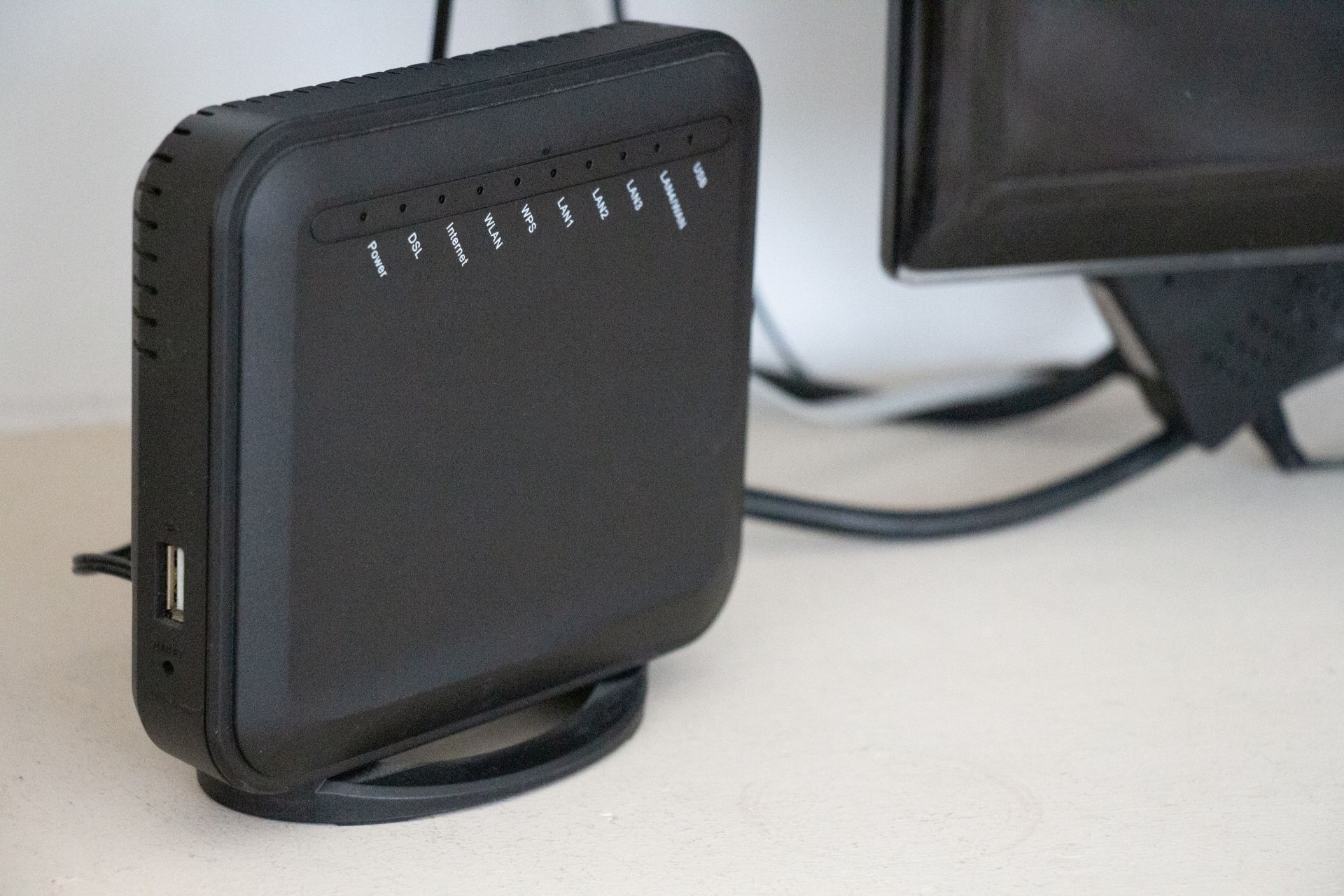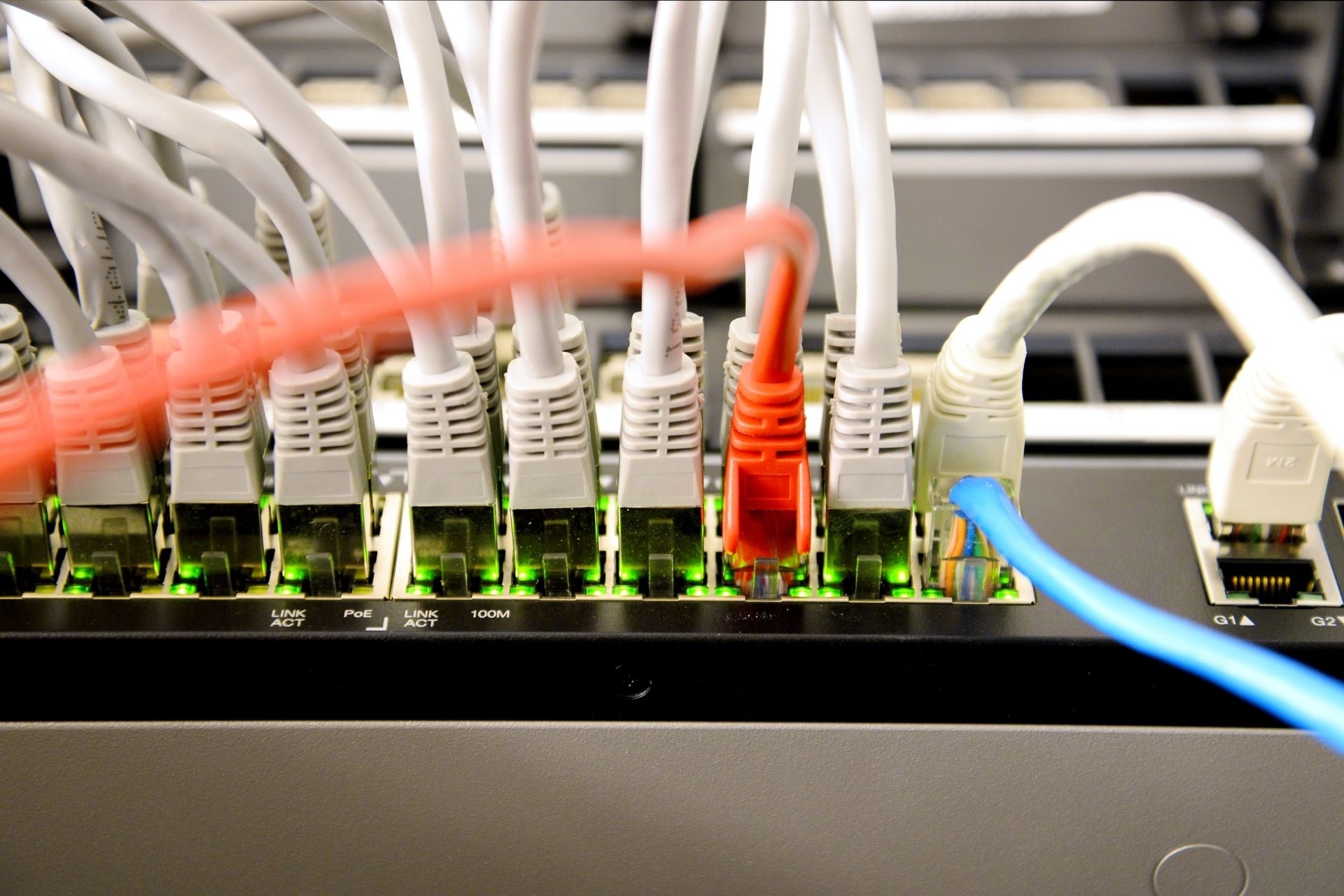Internet Backbone Infrastructure
How do Internet backbone providers ensure high-speed connectivity between different regions?
Internet backbone providers ensure high-speed connectivity between different regions by utilizing a network of high-capacity fiber-optic cables, routers, and switches. These providers invest in state-of-the-art infrastructure and equipment to minimize latency and maximize data transfer speeds. By strategically placing data centers and Points of Presence (PoPs) in key locations, they can efficiently route traffic across their network, ensuring seamless connectivity for users across the globe.
Bulk Internet Services, Technology and Equipment





